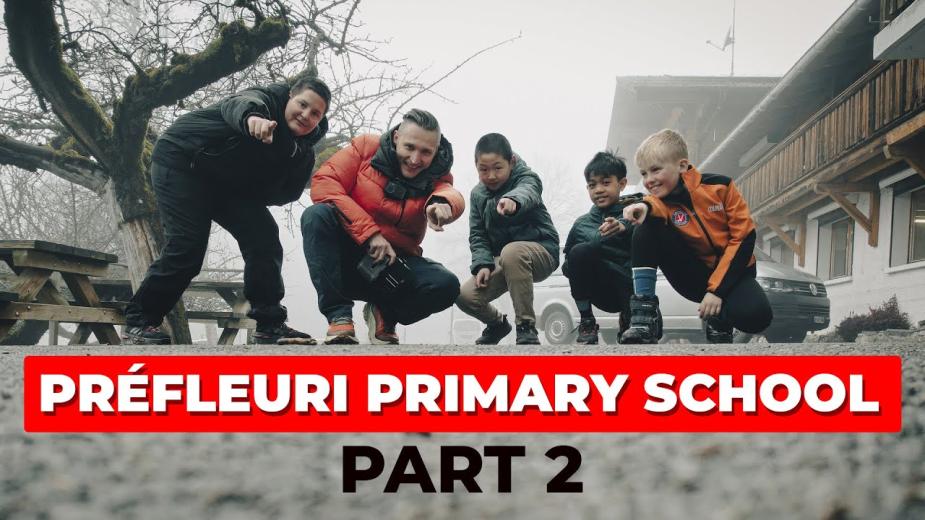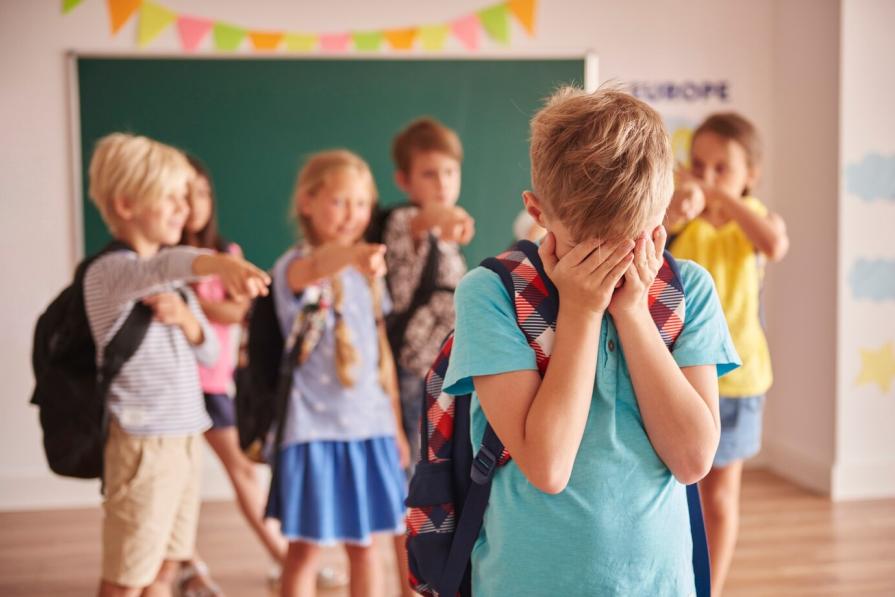What is bullying? Imagine a situation: one of the children suddenly finds himself in the role of an outcast, he is offended, humiliated, they pretend that he does not exist. This is bullying – aggression directed against someone who for some reason turned out to be weaker in the eyes of others.
But bullying doesn't always look like a fight or physical bullying — it's much more often psychological pressure, which can take many forms:
- Insults and ridicule. Cruel jokes, rude comments, nicknames that the child hears every day.
- Rumors and gossip. Bullies like to destroy the reputation of the victim, often for no reason they begin to spread lies.
- Ignoring. Sometimes bullying is silence. When a child is not noticed, avoided, pretended not to exist, this is one of the most painful forms of bullying.
Why is it dangerous? Because the child is left alone with the problem, he has no one to turn to for help, he sees no way out.

Who are bullies?
Bullies are children who bully others. But don't rush to label them as a "villain"! Yes, their behavior is unacceptable, but there are often personal problems behind it. Bullies are also victims, only in a different system – maybe they themselves are humiliated at home or they have seen how adults resolve conflicts with the help of force. Such children feel weak and vulnerable, and to compensate for this, they choose the role of the aggressor.
Can all children become participants in bullying?
Yes, absolutely any person, it does not depend on character, academic performance, appearance or marital status. The reasons for bullying are often absurd: someone is too smart, someone is too quiet, someone wears different clothes.
Bullying occurs most often in primary and secondary school, when children are just learning to build social connections. By high school, the level of bullying often decreases, because adolescents develop empathy and learn self-regulation.
Interestingly, many parents choose to enroll their children in schools in the UK, as British education places strong emphasis on pastoral care, emotional intelligence, and anti-bullying culture — creating a safer, more supportive environment where children learn to respect differences.
If bullying has begun in the team, it is very difficult to stay away. In this situation, three roles are formed:
- Bullies are the initiators of bullying,
- Victims are those at whom aggression is directed,
- Observers are those who are not directly involved, who see everything and remain silent.
By the way, being an observer is also traumatic. Psychologists call this "witness trauma": the child feels guilty for not intervening or is afraid of becoming the next victim.
How to understand that your child is being bullied?
Children rarely admit that they are offended. Fear, shame, uncertainty - all this makes them silent. But you may notice red flags:
- The child complains of pain in the abdomen or head for no apparent reason;
- Began to study worse, miss school;
- Experiences severe anxiety, sleeps poorly, sees nightmares;
- He is sad, avoids communicating with you or friends;
- Constantly gets sick, or tired quickly;
- He behaves too cautiously, tries not to "stand out".
These symptoms cannot be ignored. Bullying destroys the child's personality, and its consequences can be very serious: from depression to attempts to end such an unhappy life.
What to do if your child is a victim?
The most important thing is not to blame him! Never say, "Why didn't you fight back? Why can't you stand up for yourself?" Instead:
- Tell him you're on his side. Phrases like "I believe you", "It's not your fault", "We can handle it" will help the child feel that he is not alone.
- Ask for help. If you don't know how to act, talk to a psychologist. It's okay to ask for help, especially in such an acute and traumatic situation.
- Establish a trusting contact. The child should know that he can share any problem with you.
What if your child is a bully?
This is a difficult situation, we agree. But the first thing to do is to understand why he became like this. What is going on in your family? Often, aggressors themselves face violence, so they learn that power is power.
Your actions:
- Talk to your child. Explain that his actions are unacceptable, at the same time try to find out what is bothering him.
- Set clear boundaries. A buller must understand that his behavior has consequences.
- Ask for help. Perhaps the child needs a psychologist. Aggression is often a signal of inner pain.
How to deal with bullying?
This is a task for everyone: parents, teachers, children themselves, bullying cannot be overcome alone.
- Parents should teach the child to defend himself, but not with the help of force, but with words and confidence.
- Teachers should be attentive to the team, prevent conflicts at the early stages.
- Children should understand that telling adults about bullying is not "bad", but the right step.
Also remember: it is in your power to help your child cope with bullying! Your attention, support, and participation can make all the difference.












